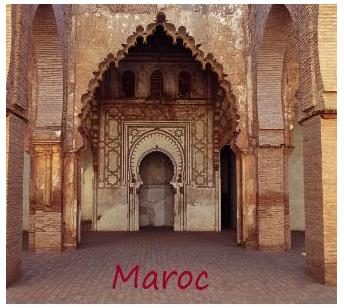
The benefits of going to Morocco in this way--as a person reenrolling for the full thing--I see now far surpass these concerns. So, in a way it is a relief. I'd show up at staging, just like before. We'd all fly in the same plane together across the Atlantic to North Africa. There would be diplomatic welcomings by local leaders, by the older groups who have come to town to see the fresh volunteers step off the plane. We'd stay in the same rooms at hotels and get ample opportunity to know each other and quickly reach viability. Thirty or fifty of us would come back for further refinement at the 6 month mark, and then again at 1 year meds. For three months we'd get to have lunch with the staff, and our professors, fully absorbing the Moroccan lifestyle visible in them, and adjusting our expectations. Arabic and French would become the norm, and we'd be close by each other when family and girlfriends come to visit from the States, or from Italy, giving us the opportunity to laugh together and remember when we were as fresh as they, and sharing the first views together of the dunes stretching beyond the horizon for 5,000 kilometers towards the Synai peninsula, and the Atlas stretching miles above us.
The stay might be longer, but it will pay great dividends to get to do it right. I'm proud of those volunteers that immediately jumped back into the fray. It's sad to think that a hard situation was made more demanding, but I feel that each will find their routine. Bolivia wasn't easy, and I can't forget that. I do not know how I would have done to enter a different Latin country straight from that. It would have been maddening if I had gone to somewhere so extreme from where I had been. I don't think a person could do it any way but the standard experience that I will have by going through the whole shebang directly.

And in that way, I can only expect to be overwhelmed. And that is impossible to underestimate. Of course.... at the same time, it's just Peace Corps. It's not a 150 mile ultramarathon across the toughest parts of the Sahara in Morocco.


.jpg)